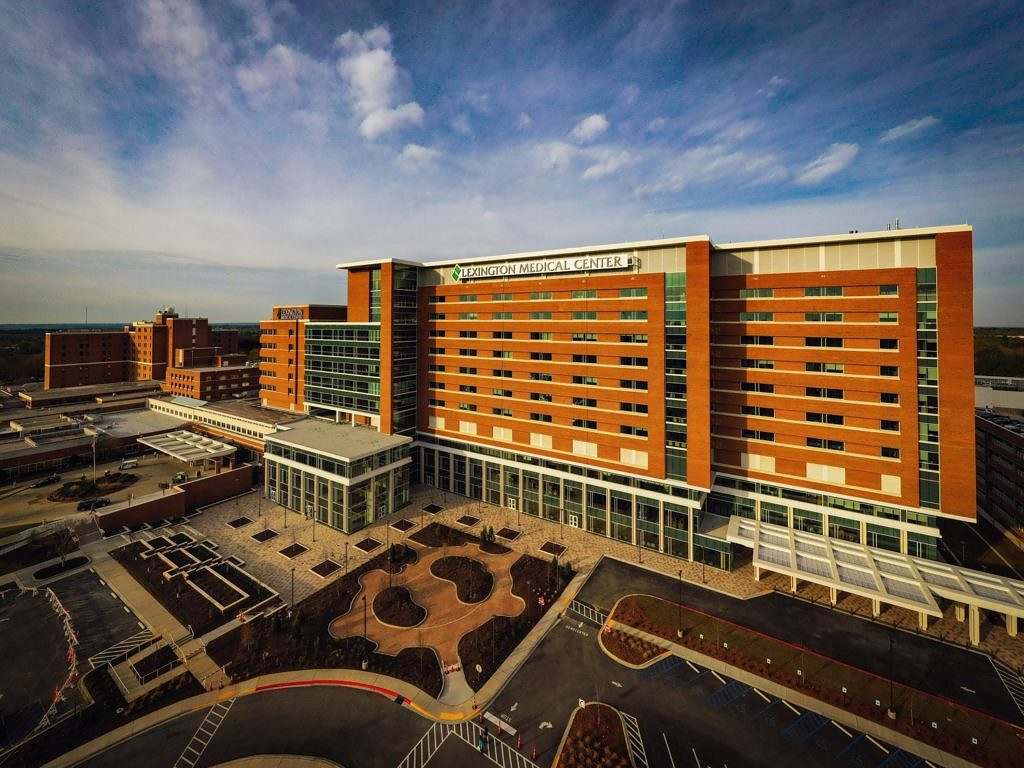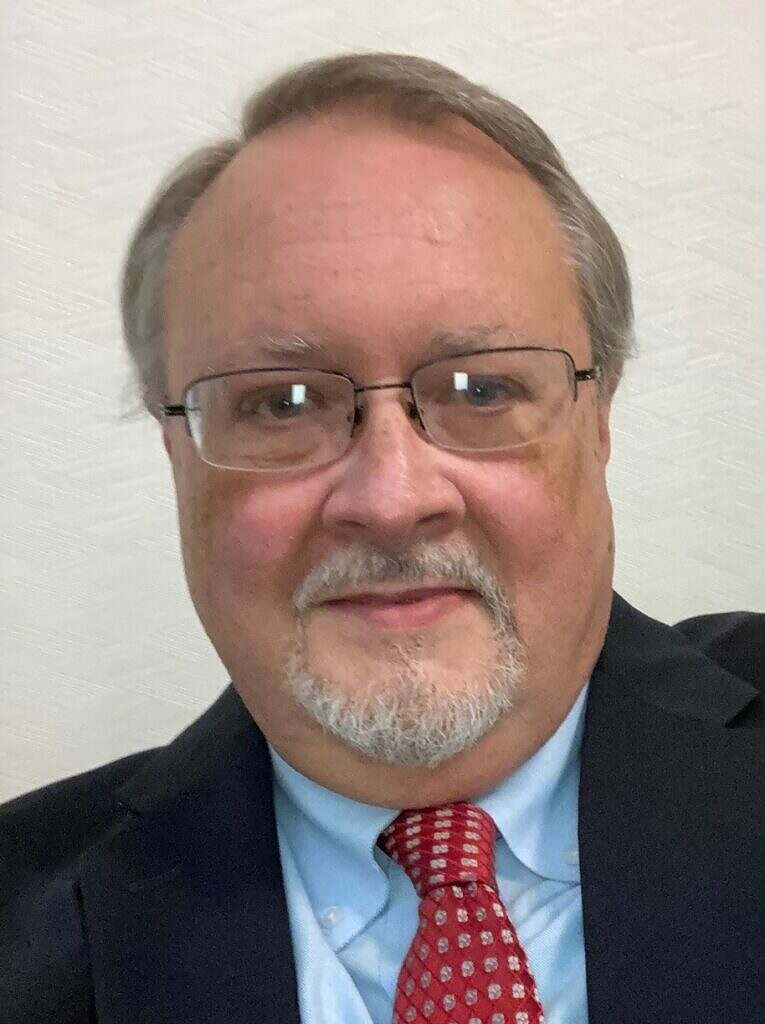|
Getting your Trinity Audio player ready...
|
We hear a lot about America’s increasingly critical shortage of nurses. That problem is very real – and getting worse by the day. But a problem that’s every bit as serious – and escalating every bit as fast – is the fact America is running low on doctors, too. In fact, the impact of this shortfall is already beginning to be felt.
“I listen to patients coming into my office – I’m hearing, ‘Oh gosh, I had to wait three months, or longer, to get an appointment.'” said Susan Hulsemann, M.D., who leads the Graduate Medical Education program at Lexington Medical Center, an award-winning Midlands-area hospital.
How did this problem originate? It’s the basic principle of supply and demand – with both sides getting hit equally hard. On the supply side, America’s younger population is smaller than previous generations, meaning fewer young people are entering medical school. On the demand side, millions of members of the massive Baby Boom generation are now in their 60s and 70s, meaning their need for medical attention has skyrocketed.
The problem is bigger than numbers, though. It’s compounded by conditions that require a lot of physician time and ongoing medical attention.
“We look at our patients here within the physician network at Lexington Medical Center,” said Cam Crow, the facility’s vice president of physician network operations. “We find 42 percent are obese, 38 percent have hypertension, and 14 percent have diabetes. Those are major chronic conditions that lead to higher utilization of services.”
As a result, the doctor shortage is hitting far too close to home for many people – while medical professionals are scrambling to address the problem.

***
Crow and her team are tasked with making sure Lexington Medical Center is adequately staffed with the doctors it needs – which is no small feat in the current professional environment.
“This year, we have recruited 43 new physicians and about 60 new advanced practitioners, such as nurse practitioners or physician assistants,” she noted. “But we’re having to draw from outside South Carolina. And we have found over time that people with strong ties to the state in the region are likely to take root and stay. And so part of our strategy in developing our graduate medical education program and developing the family medicine residency is really to train physicians so that they will want to practice here and stay in the area upon completing their training.”
Dr. Hulsemann runs the hospital’s family medicine residency program.
“When I came here, I said, ‘So I guess you need family doctors?’ And it was interesting; they said, ‘No, we have plenty of family doctors. We want more of them,’” she said. “They recognize that family doctors really do fill a hole in the needs of the community, and they see this as a future for driving patient satisfaction in a place where the population just keeps growing and expanding.”
Keeping pace with this increasing demand – amidst a shrinking supply – requires plenty of imaginative “outside the box” thinking.
“First and foremost, what we promote the most is our culture,” Crow explained. “We are friends and neighbors taking care of friends and neighbors. We really want to provide high-quality care and an amazing patient experience. So, every year, we screen over 600 physicians to hire somewhere in the range of 40 to 45. And so we’re very selective about the physicians we hire, but being part of an organization that’s so committed to the community like Lexington is a big draw for folks to the area.”
(Click to view)

It doesn’t hurt that the Midlands also offers those potential hires a lot of quality of life “extras” with the University of South Carolina, sports activities, and Lake Murray all nearby. And of course, competitive pay comes into the equation.
“We generally are able to offer some small signing bonuses,” Crow continued. “Those things typically are normal parts of a physician recruitment package, along with relocation if they are moving from out of the area. And because we are a nonprofit entity, physicians with student loans can qualify for loan forgiveness programs through government programs.”
Dr. Hulsemann agrees: Getting medical students straight out of medical school is essential to keeping them here.
“One of the advantages of having a family medicine program here at Lexington Medical Center is a large number of hires are in-state,” she said. “Of people who train in this state in family medicine, 65 percent of them will stay in the state. So, it’s a great investment for Lexington. Not all specialties are that high. It’s one of the highest, actually, as far as retention. It makes a lot of sense for Lexington County. I would say it’s a wise investment. And we’re committed to training the very best physicians we can train. So we’re trying to solve the problem, at least locally.”
Along with its ‘Partners Program,’ which offers internships to students interested in pursuing careers in the medical field, Lexington Medical’s ongoing physician recruitment efforts show how this hospital system is thinking outside the box to make sure the nation’s doctor shortage doesn’t compromise care for its patients.
***
ABOUT THE AUTHOR…
J. Mark Powell is an award-winning former TV journalist, government communications veteran, and a political consultant. He is also an author and an avid Civil War enthusiast. Got a tip or a story idea for Mark? Email him at mark@fitsnews.com.
***
WANNA SOUND OFF?
Got something you’d like to say in response to one of our articles? Or an issue you’d like to address proactively? We have an open microphone policy! Submit your letter to the editor (or guest column) via email HERE. Got a tip for a story? CLICK HERE. Got a technical question or a glitch to report? CLICK HERE.



4 comments
How much is LMC paying for this “news coverage”?
Good luck attracting qualified doctors anytime soon.
Why would you set up shop in a State where religious extremist politicians tell you how to practice and what patients can do with their bodies?
You should read stories of how the average Q-cumbers treated doctors and nurses during the height of the pandemic. Spitting, punching, screaming, demanding whatever flavor of the month miracle drug be used instead of hospital protocols agreed upon by most medical professionals…
You know, one job I wrote off as a teenager was anything to do with food service because I didn’t want to deal with absolutely horrible customers treating you like dirt. I can imagine people refusing to go into the medical profession for the very same reasons now. Look at conservative discourse today – this nonsense isn’t going away anytime soon.
Why offer help to people who don’t want it? Let them wallow in their own filth.
Here’s an idea to fix the doctor shortage. Don’t make them get a 6 figure unforgivable loan to get their degree.